Moleskine's Daniela Riccardi on Harnessing the Power of the Written Word
\201cIt’s not just a notebook—it’s a book that has yet to be written."
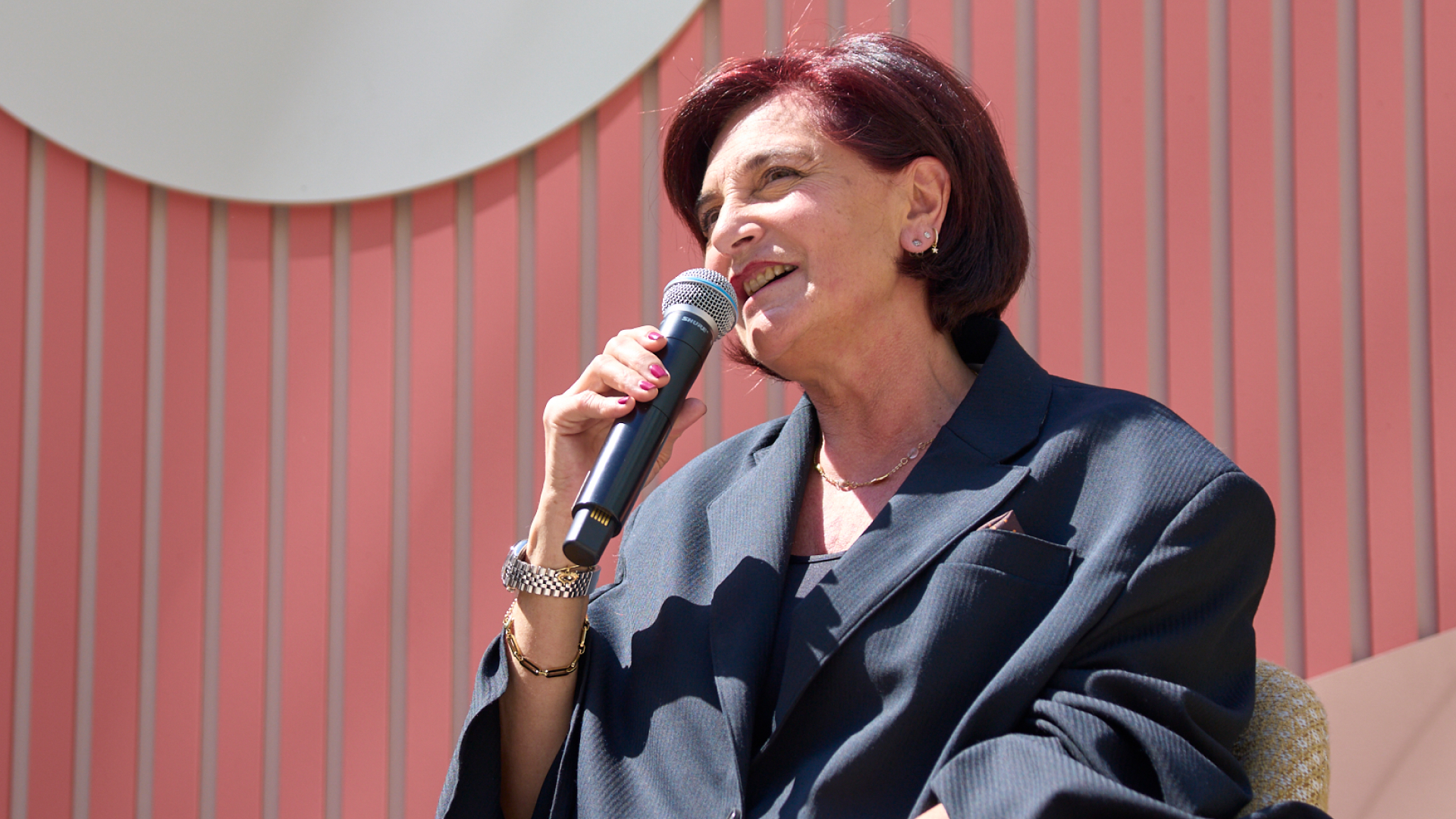

When Daniela Riccardi notices someone carrying a notebook, she sees more than just a person holding a pad of paper. Instead, she sees the power of “le petit carnet noir,” or the little black notebook, in action.
“It’s not just a notebook—it’s a book that has yet to be written,” Riccardi, the CEO of Moleskine, the Italian manufacturer, papermaker, and designer, told Marie Claire editor-in-chief Nikki Ogunnaike during this year’s Power Play event in Los Angeles.
By Riccardi's telling, Moleskine was born of the magic of putting pen to paper (specifically, pen to le petit carner noir). "The beauty of this brand," she shared, "is that it has a huge mission that goes well beyond just making money." Moleskine's founders wanted to bring back the culture of le petit carner noir—"and use it, in a way, to create a movement," explained Riccardi.
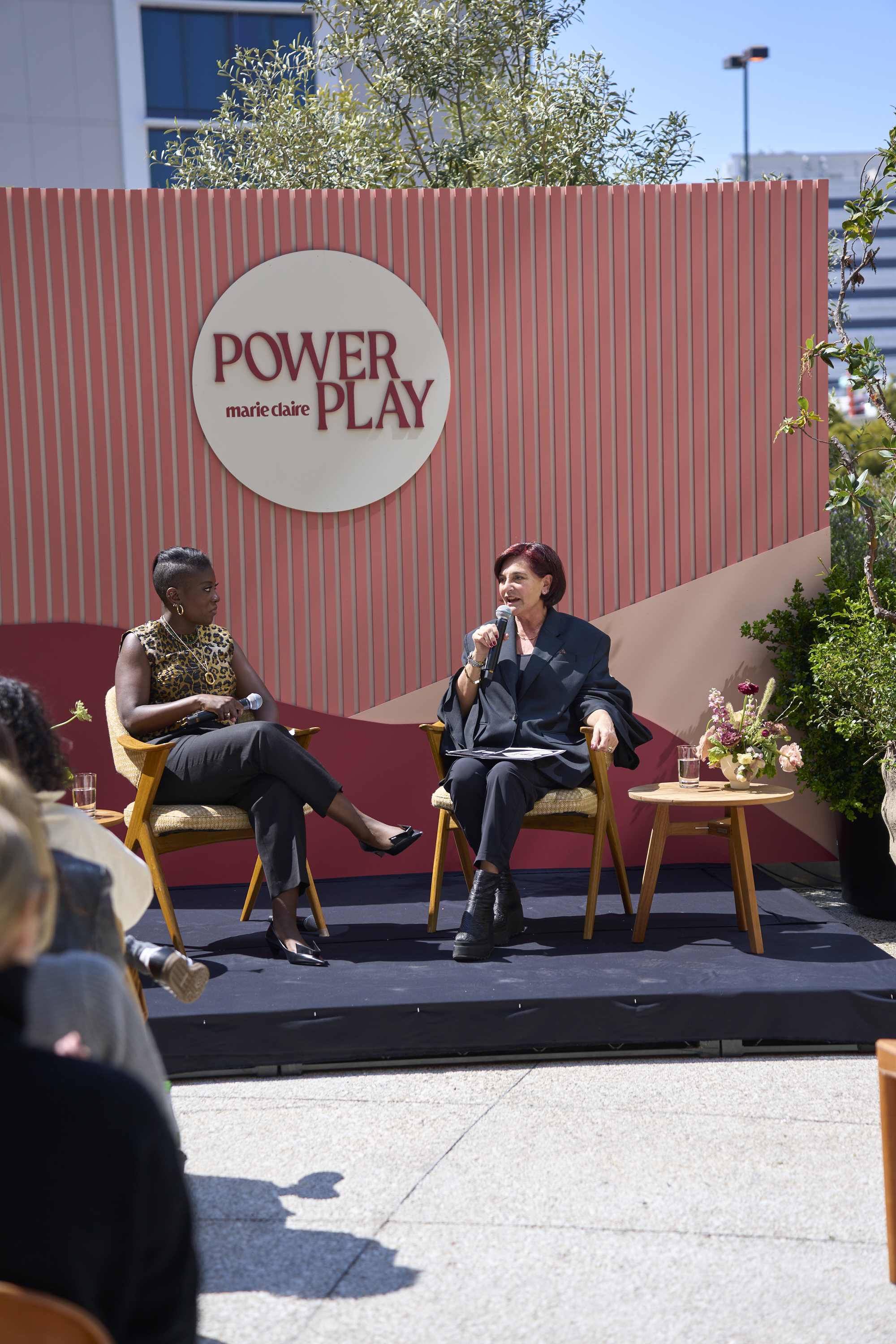
A fireside chat conversation between Ogunnaike and Riccardi.
Science is on Riccardi and Moleskine’s side. One 2021 study found that writing on physical paper can “lead to more brain activity" than writing on a tablet or smartphone. Researchers said that “the unique, complex, spatial and tactile information associated with writing by hand on physical paper is likely what leads to improved memory.”
Speaking to Ogunnaike about Marie Claire's annual event celebrating ambitious women, Riccardi noted, "I'm happy to be here, because there are so many powerful women who can help me transmit this movement."
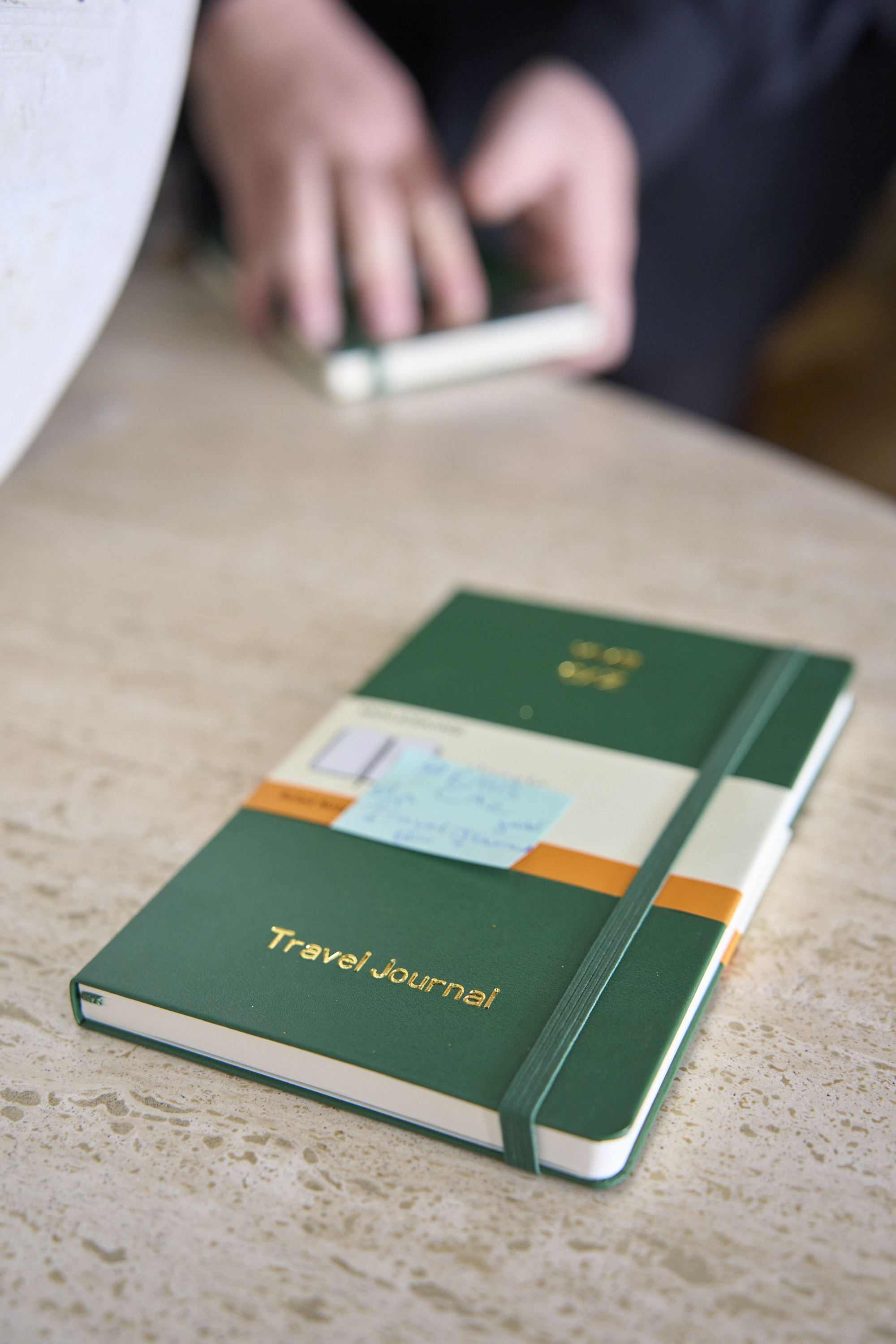
A Moleskine journal at Power Play.
The mom of two’s personal story certainly lends itself to the power of creativity and self-expression. After spending nine years studying to be a professional ballet dancer in Rome, Riccardi “quit that life,” she said, to attend university. After graduating with a degree in political science, Riccardi interviewed for a position at Procter & Gamble on a whim and was offered the job.
“I didn’t know what I was doing there, but I was driven by dreams,” she shared.
Get exclusive access to fashion and beauty trends, hot-off-the-press celebrity news, and more.
Two decades later, Riccardi was P&G's first female president.
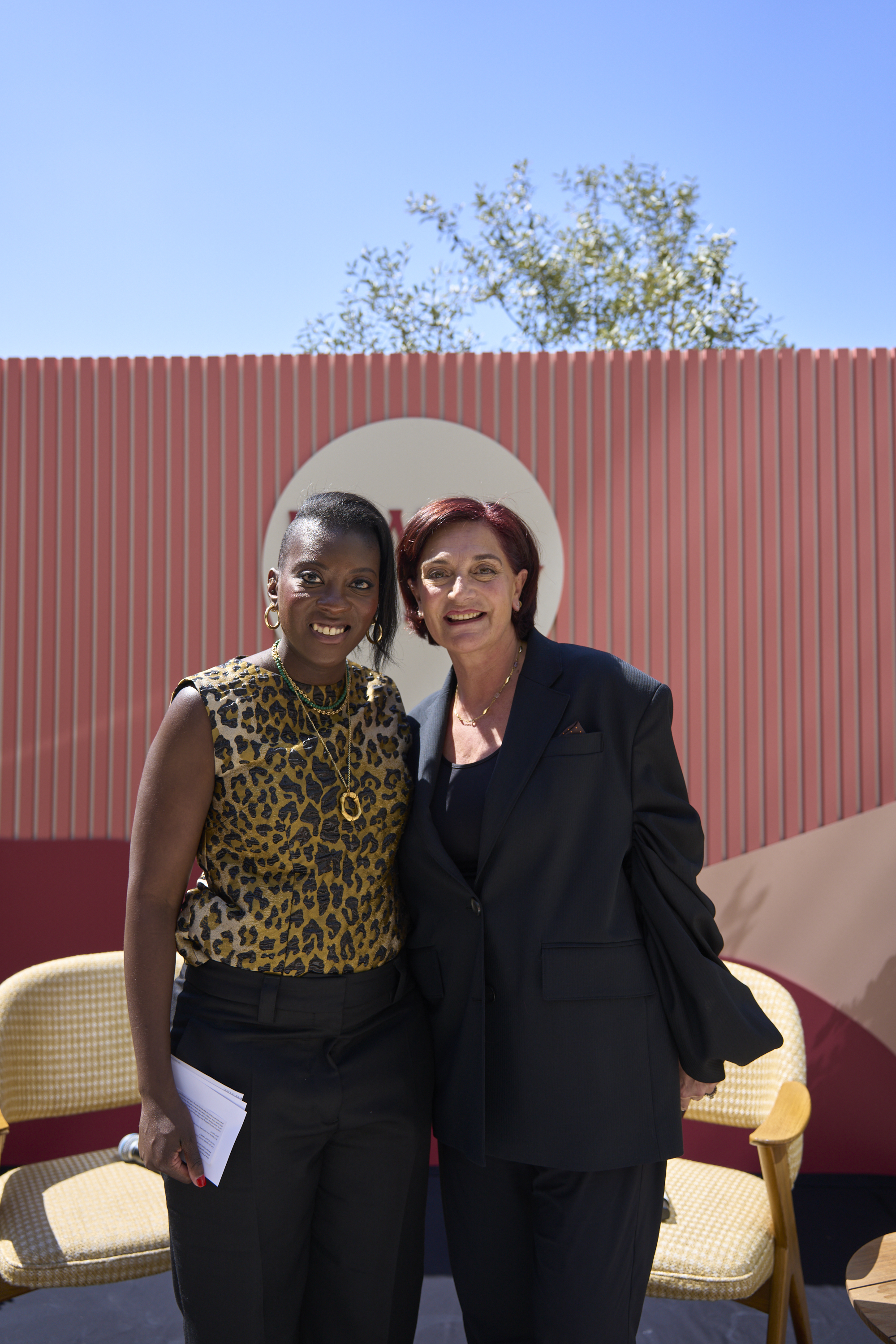
Ogunnaike and Riccardi.
Ultimately, Riccardi became CEO at two other companies before landing at Moleskine, an opportunity she jumped at, she said, because she wholeheartedly believes in the power of the written word—and how that power can be harnessed by women.
“I’m never afraid of anything. And I think, you know, our own courage—we need to believe in ourselves,” she told Ogunnaike. “I’m not going to accept compromises with myself, with my ethics, with my professional and personal beliefs and values. And that gives you such a power—the biggest power. Then you are not afraid of anything or anybody and you always know what to do.”
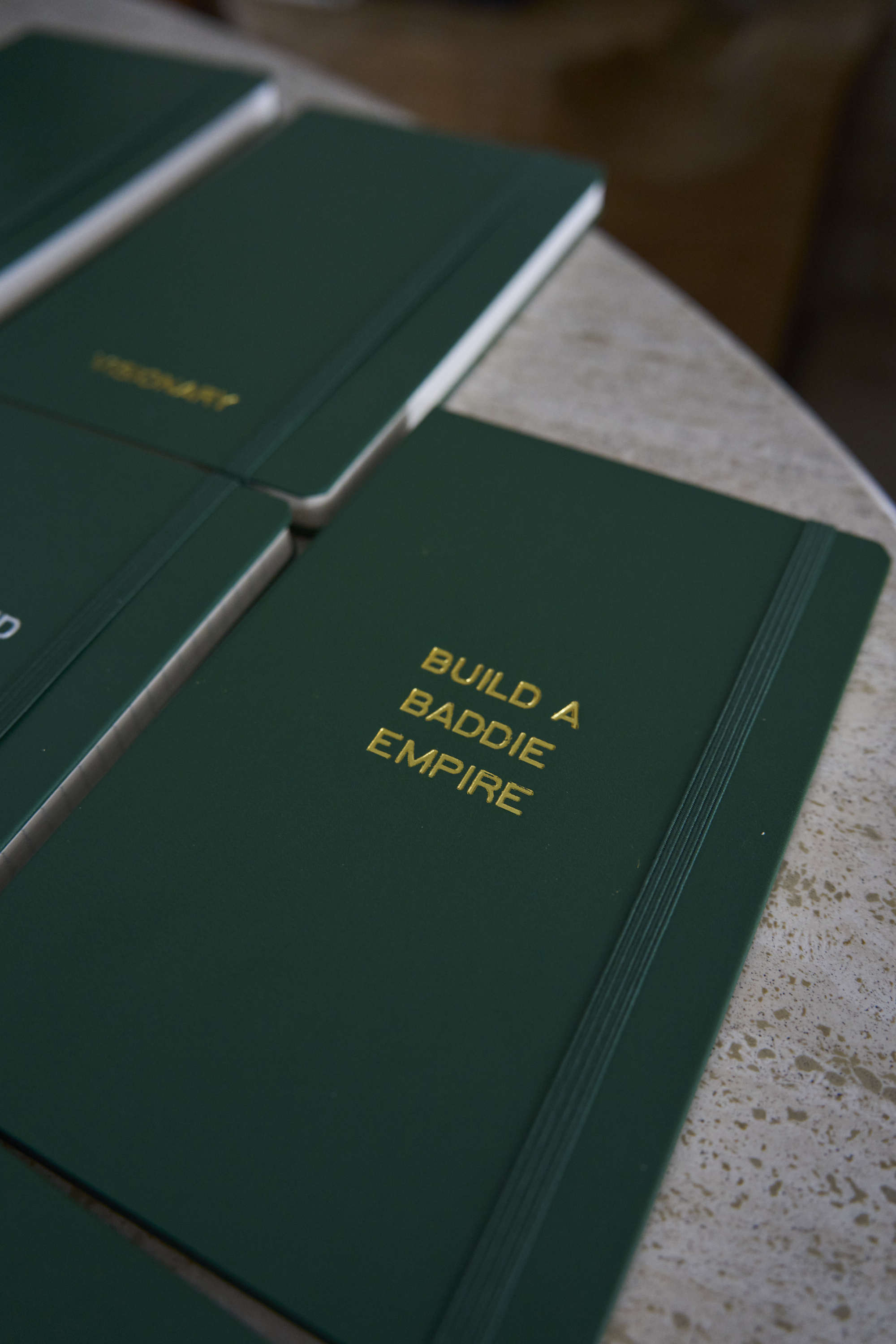
A customized Moleskine journal displayed at Marie Claire's 2024 Power Play event.
While putting pen to paper can feel like a thing of the past, Riccardo says writing in a notebook has value for the younger generations—so much so that she created a “Gen Z Board” at Moleskine to keep a finger on the pulse of how young people think and feel about handwriting in the digital age of texting, tablets, and social media.
“They are my source of inspiration,” she said. “I mentor a lot of young women and young people who work with me in order to give back and see them growing, because they are going to be the leaders of the future.”
Now, amid numerous studies documenting the mental and emotional harm that can be caused by social media use, Riccardi sees an opportunity for the return of le petit carner noir. "How many children do we see that know how to use an iPhone and iPad when they're less than two, but they maybe don't have a paper and pen to doodle to create?" she asked.
Instead, Riccardi advocates for "[taking] the time to write and doodle," and teaching the act of doing so "to our children and to students." Putting pen to paper, she emphasized, can be "the most important part of [creating] ideas that change the world.”
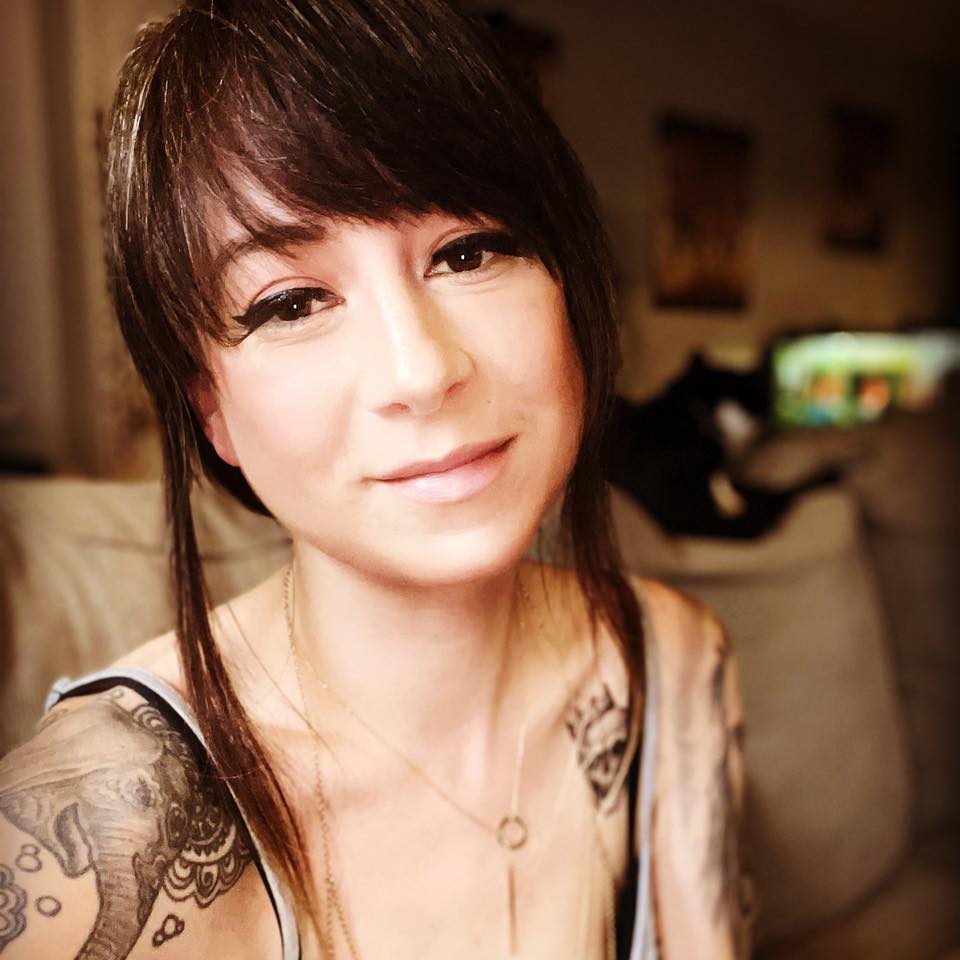
Danielle Campoamor is Marie Claire's weekend editor covering all things news, celebrity, politics, culture, live events, and more. In addition, she is an award-winning freelance writer and former NBC journalist with over a decade of digital media experience covering mental health, reproductive justice, abortion access, maternal mortality, gun violence, climate change, politics, celebrity news, culture, online trends, wellness, gender-based violence and other feminist issues. You can find her work in The New York Times, Washington Post, TIME, New York Magazine, CNN, MSNBC, NBC, TODAY, Vogue, Vanity Fair, Harper's Bazaar, Marie Claire, InStyle, Playboy, Teen Vogue, Glamour, The Daily Beast, Mother Jones, Prism, Newsweek, Slate, HuffPost and more. She currently lives in Brooklyn, New York with her husband and their two feral sons. When she is not writing, editing or doom scrolling she enjoys reading, cooking, debating current events and politics, traveling to Seattle to see her dear friends and losing Pokémon battles against her ruthless offspring. You can find her on X, Instagram, Threads, Facebook and all the places.